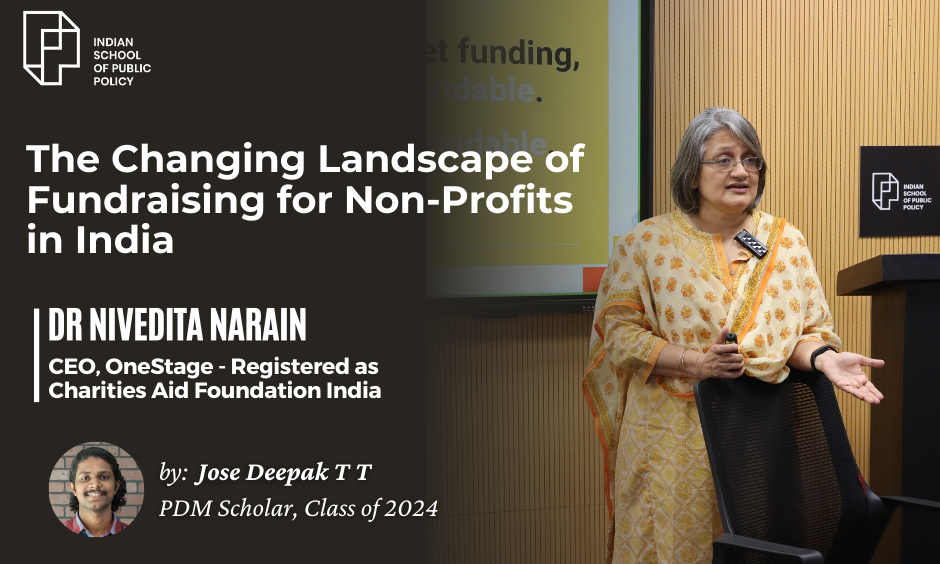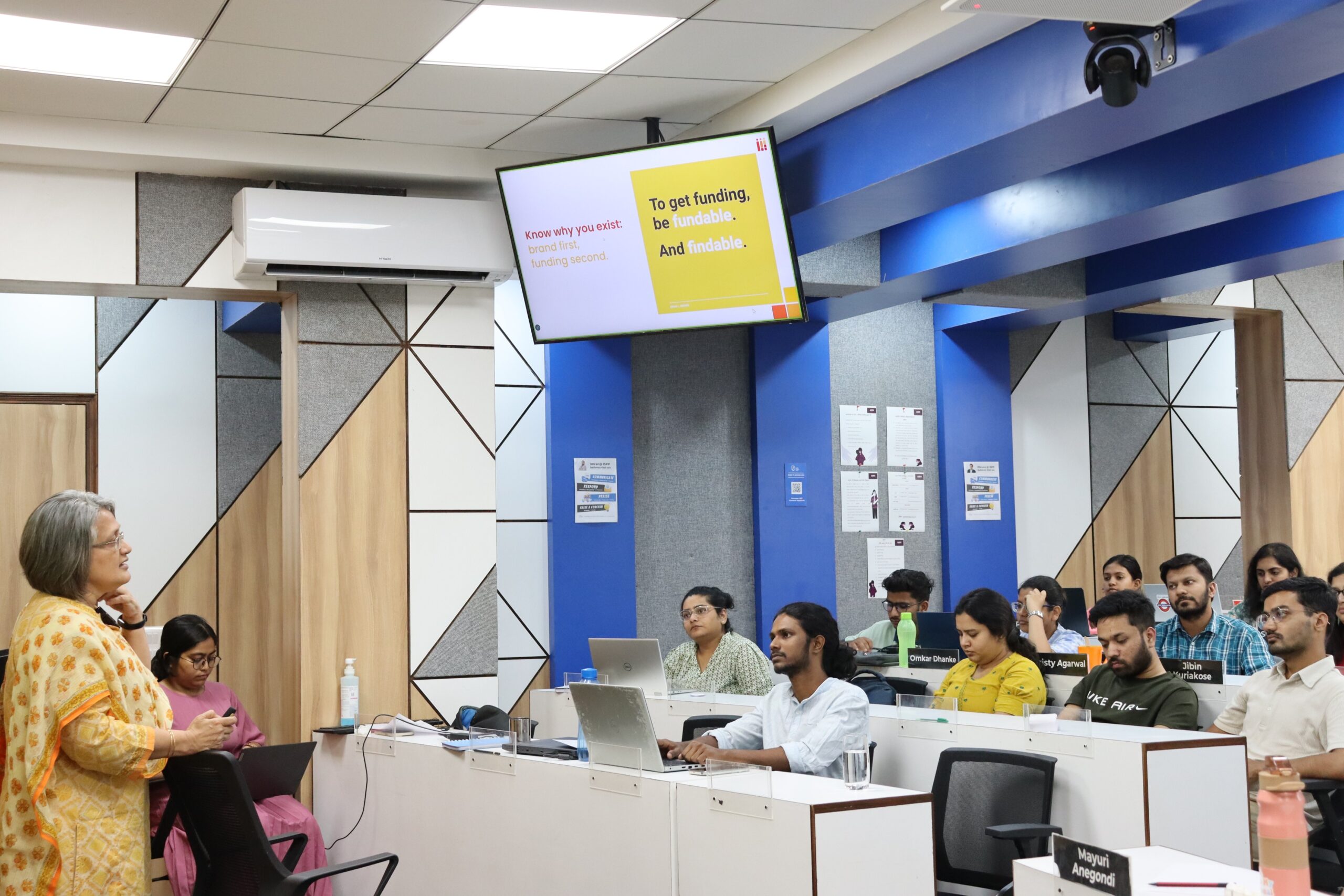
The Changing Landscape of Fundraising for Non-Profits in India | Dr Nivedita Narain

In the realm of philanthropy and social impact, non-governmental organisations (NGOs) have always played a pivotal role. They can be recognised within the framework of the Samaj, which, along with Sarkkar and Bazar, forms a triad that is crucial for nurturing a balanced and equitable society. However, the landscape of fundraising for these organisations has been evolving rapidly, influenced by various socio-economic and regulatory factors. This article delves into these changes, focusing on the Indian context.
The shift from Samaj to Bazar in Funding
In the early 2000s, a significant shift occurred in the fundraising landscape. Funds, which were traditionally directed towards NGOs, began to move towards government and support organisations. This shift was accompanied by a crisis of accountability within NGOs, leading to a change in public sentiment against them and portraying these organisations as greedy players who hide under the title of non-profit.
Today, the act of giving is heavily regulated. The state, business, and civil society all play a role in this regulation. The space for civil society (Samaj) action is shrinking while the private sector is growing. Private capital is increasingly supporting certain types of enterprises. And with the concept of social enterprise, private players are directly involved in the social impact sector. The changes in the regulatory discourse that impact the flow of funds in the country and the Income Tax Act have created a difficult environment for non-profit organisations to survive. Charitable status can be lost if one is unaware of the regime, especially since most of the charitable trusts receive funds from abroad. Administrative processes also discourage companies from giving funds to NGOs, which further weakens the democratic balance in society.

In response to these challenges, many organisations have started companies apart from NGOs. Post-Covid, digital giving has shrunk again, as highlighted in the study “Digital for Good: A Global Study on Emerging Ways of Giving”. Additionally, faith-based giving is significant in India, but NGOs are not the primary recipients of it. Instead, faith-based giving is going to faith-based organisations alone. This also reduces the availability of funds within India for non-profits and poses further challenges to their existence.
Four-Win Model to Navigate Through Challenging Environment
There is a four-win strategy that exists to tackle and steer through these difficult times. It starts with mobilising funding, creating evidence, forming alliances and redefining the reason the organisation exist. All these are essential for sustaining the organisation in challenging time and achieving its very objectives.
When seeking funding, it’s crucial to consider what benefits the donors. The interests of the donors and the NGOs should align. Branding can be a motivation to fund, but donors may not be able to do it alone due to a lack of capacity or to avoid extra costs. Therefore, one needs to create plans to create a win-win solution for all the stakeholders in the game.
In today’s environment, it’s important to keep evidence and data. Modern values must be incorporated to respect all. Organisations must be fundable and findable. This can be achieved through peer companies, websites, creating networks for peers, and newsletters. Effective implementation of monitoring and evaluation of all the projects that the organisation undertakes also provides accountability and trust.
Forming alliances is a crucial part of the four-win strategy. It involves building strategic partnerships and collaborations with other organisations, stakeholders, or entities that share similar goals or interests. In the context of non-profit organisations, alliances can be formed with various entities such as other NGOs, government bodies, private sector companies, or even communities. These alliances can provide a range of benefits like resource sharing, increased impact, advocacy and influence, learning and innovation.
Knowing why you exist, branding it, and being visible is key to attracting funds. The concept of a “restart up” suggests that organisations need to reinvent themselves and learn from challenges. Innovation is key, and cause diagnostics are very important. The future of giving lies in innovation, alignment of interests, and the ability to adapt to changing circumstances. Nobody will be giving money to charity – we have to have a mission and present something new.

In conclusion, the fundraising landscape for non-profits is changing rapidly. NGOs must adapt to these changes and find new ways to attract funding and support their missions. The concept of everyday giving, the breakdown of private funding in India, the 4-win model, and the importance of being fundable and findable are all crucial aspects of this evolving landscape. As we navigate this changing landscape, it is imperative for NGOs to stay agile, innovative, and aligned with their mission and the interests of other stakeholders as well.
Register your Interest to Study at ISPP

Jose Deepak T T
PDM Scholar, Class of 2024
Jose Deepak T T is a public policy enthusiast with immense research experience gained after working as a youth leadership fellow at the CPPR, Kochi, intern at the Centre for Migration Policy and Inclusive Governance, Student assistant at the Centre for Urban Studies, etc. He also holds Masters’ in Politics and International Relations from Mahatma Gandhi University, Kottayam, Kerala and a bachelor’s in Economics and Political Science from Ramjas College, Delhi University.
https://in.linkedin.com/in/jose-deepak-t-t-a88674211

